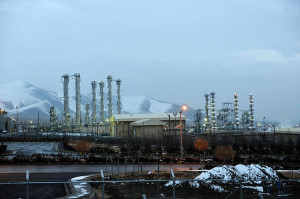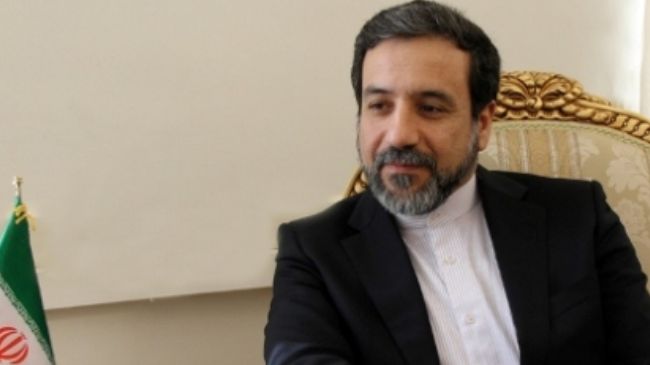January 03-2014

Technical talks between Iran and the Big Six are going slowly and proving the old adage that the devil is in the details.
Experts in banking, enrichment and other topics involved in the nuclear deal signed in November were to meet Monday, December 30, as the Iran Times went to press. That would be the seventh day of meetings to work out the details of the agreement, although officials originally thought the process might take three days.

. . . warns Majlis
According to Reuters, one sticking point is just what information the Big Six will receive before the interim agreement is decreed to be in effect in order to verify that Iran is sticking to its end of the deal before any sanctions are eased.
In November, the talk was that the deal would take effect in December. In December, people spoke of early January. Now the talk is late January.
But there is also talk that higher-ranking officials may have to get back together again to unstick the details of the interim agreement. They were not expected to get together until talks start on the comprehensive agreement to replace the interim deal.
Meanwhile, the Majlis is falling head over heels to enact legislation that would mirror what the US Senate is talking about. The US Senate bill would impose stiffer new sanctions if the nuclear talks break down or no permanent agreement is reached. The Majlis bill introduced last week would require the government to enrich uranium up to 60 percent if the talks break down or no permanent agreement is reached.
Majlis officials said that as of this week 200 of the 290 Majlis deputies had signed on in support of the enrichment bill.
This is putting the Foreign Ministry in a very embarrassing situation. Foreign Minister Mohammad-Javad Zarif has said flatly that the talks will be called off if the US Congress passes any new sanctions bill, even one that would not take effect unless the talks broke down.
Now the Majlis is trying to mirror the Senate. Mirroring is very popular in Iranian politics where the view holds sway that if you do something wrong then I am then justified in doing the same thing. This is the direct opposite of the US view that two wrongs do not make a right.
Deputy Foreign Minister Abbas Araqchi last week made clear that the talks would be scuttled if the Majlis went ahead with its 60 percent enrichment bill.
Araqchi said, “If the Majlis makes the decision that the Geneva agreement should not be implemented by adopting this bill, we will abide by it.”
In the United States, President Obama has stated publicly that he will veto the Senate bill if it is passed. (Congress could override the veto by a two-thirds majority in each chamber.)
But in Iran, the president has no veto authority. All legislation must, however, be approved by the 12-man Council of Guardians, which must certify that legislation meets the standards of both the Constitution and Sharia law.
The ostensible justification for 60 percent enrichment is to power nuclear submarines. Iran does not have any nuclear submarines, but has said it is working on a design. Many nuclear submarines use 20 percent enriched uranium, but the United States has power plants using 96 percent enriched uranium. The greater the enrichment, the quieter the sub and the less weight used by the power plant.
